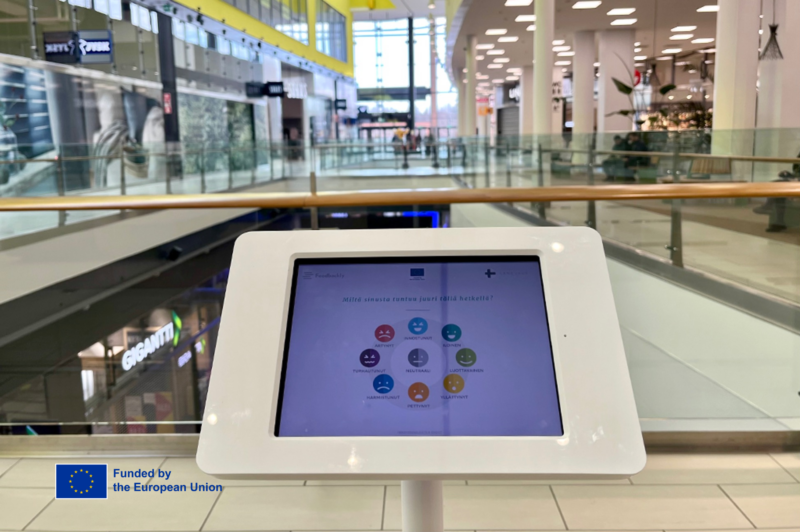How many impulsive purchases can you recount as a customer? What led you to buy those goods that you didn’t intend to initially? Is it the store experience, appeal of the good, or brand name?
Our purchasing behaviors and decision-making, in general, are inherently emotional. Even if you buy a product based on rational choices considering the price, quality, and other factors, emotions still play a powerful role in a satisfactory purchase.
If you look at adverts of leading global brands, the role of customer emotion is crystal clear. From Coca-Cola’s Choose Happiness campaign to Nike’s empowering You Can’t Stop Us ad, big brands continue to connect with their customers emotionally. The rewards are manifold.
The motive to buy
Experts say that 95% of purchase decisions are based on the customer’s emotions, and they play a key role in fostering loyalty and advocacy. When customers feel included, special, and happy, they are more inclined to stick with the brand. It is also the case when brands become vocal about issues that matter the most to their customer segments.
As a business, if you are able to tap into customer emotions, you have a better chance of winning their confidence. The impact of emotions also tells us that a great product or service alone isn’t sufficient for a brand to succeed. You need to elicit the right emotions in customers to persuade them to buy.
Tackling customer emotions
Emotions that drive your sales strategy and growth will bring more revenue to the business. At the same time, emotions that don’t tally with your business can lead to high customer churn rates and reduced sales. So, understanding the impact of emotions and identifying the type of emotions related to your business is important to create a better customer experience. Moreover, positive emotions should be present throughout the customer journey for a consistent experience.
As a business owner or marketer, now is the time to think if your brand carries emotional value.
Is your business evoking the right emotions that optimize sales and growth? How can you identify them? How can you measure their impact and ROI? We have the right solution for you.
Emotional Experience and EVI®
Emotional Value Index (EVI®) is a CX metric designed for measuring emotional experience. It helps you track, measure, and analyze emotions that impact the brand positively and negatively. The EVI® survey helps you measure how customers feel at different touchpoints or stages in the customer journey. You can also use EVI® to fix pain points that customers face.
EVI® has a strong correlation with sales purchase behavior and offers you better insights and predictions for sales and growth than other KPIs. It is a metric that can be applied to any stage in the customer journey and improve CX. You can use it both as a tactical and strategic KPI.
In the pre-purchase phase, EVI can help you attract customers and convince them to purchase more products. It can increase the conversion rate, influence the purchase size, and succeed in upselling. In the post-purchase size, EVI can drive loyalty and increase repetitive sales three times higher than NPS.
More importantly, you can tie EVI® data with other organizational data to understand its impact on the financial and overall organizational performance of the brand. It will show you the emotions that drive the highest sales or purchase size.
Feedbackly
Make your customers feel on top of the world with our latest revolutionary metric! EVI® is a non-linear model to measure emotions and drive your business value. It is a simple concept yet offers a lot of insights for better decision-making. Feedbackly is the only provider who can offer EVI® and help your business reach new heights. Contact us for further information!




